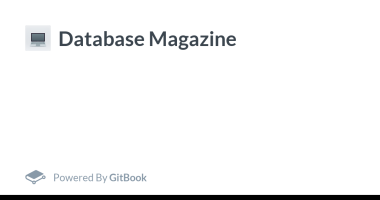Essential Considerations for Microsoft 365 Backup Solutions
When it comes to selecting the right backup solution for your Microsoft 365 data, there are several essential considerations to keep in mind. By evaluating these factors, you can ensure that your backup strategy aligns with your business needs and provides optimal data protection. Here are some key considerations to guide your decision-making process: Built-in vs. Third-Party Solutions - evaluate whether the built-in backup capabilities provided by Microsoft 365 are sufficient for your requirements or if you need to explore third-party solutions. Third-party solutions often offer advanced features, customization options, and enhanced data retention capabilities. Features and Capabilities - look for backup solutions that offer comprehensive features and capabilities tailored to Microsoft 365 data protection. Consider features such as automatic backups, granular recovery options, incremental backups, and support for all Microsoft 365 services, including Exchange Online, SharePoint, and OneDrive. Scalability - ensure that the backup solution can scale with your growing data needs. It should be capable of handling increasing volumes of Microsoft 365 data without compromising performance or incurring additional costs. Data Retention and Compliance - verify that the backup solution aligns with your organization’s data retention policies and compliance requirements. It should offer flexible retention periods, encryption, and secure storage options to maintain data integrity and confidentiality. Ease of Management - choose a backup solution that provides a user-friendly interface and streamlined management capabilities. It should allow for easy scheduling, monitoring, and reporting of backup activities, simplifying administrative tasks and reducing the potential for errors. Integration with Existing Infrastructure - consider how well the backup solution integrates with your existing IT infrastructure. Seamless integration ensures smooth implementation and minimizes disruptions to your business operations. Reliability and Performance - prioritize a backup solution that offers reliable and consistent performance. It should have robust backup mechanisms, efficient data transfer protocols, and high availability to ensure the timely and successful completion of backups and restores. Support and Vendor Reputation - research the reputation and track record of the backup solution provider. Look for a vendor with a strong support system and a history of delivering reliable products and responsive customer service. By carefully evaluating these essential considerations, you can choose a Microsoft 365 backup solution that meets your specific requirements and safeguards your data effectively. Remember that investing in a robust backup strategy is a proactive measure to protect your business from potential data loss and ensure uninterrupted operations.
